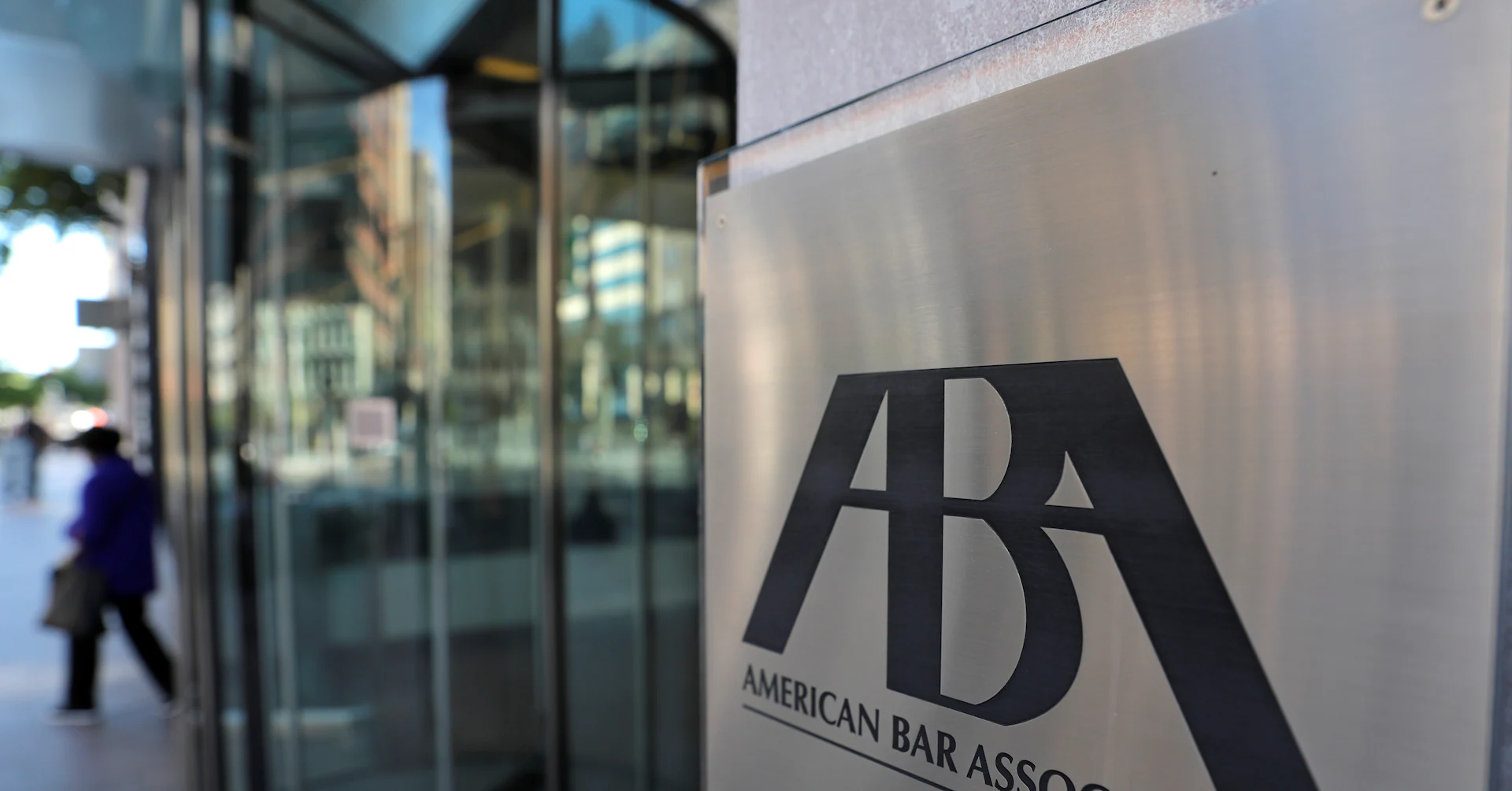Copyright Reuters

Nov 3 (Reuters) - The American Bar Association has altered a longstanding scholarship program aimed at boosting law student diversity by eliminating requirements that applicants must come from “ethnic minority” or “underrepresented racial” groups. Sign up here. The change comes seven months after a prominent conservative group sued the ABA in Chicago federal court, alleging its 25-year-old Legal Opportunity Scholarship program discriminated against white applicants who were ineligible to apply. The $15,000 scholarship is awarded to between 20 and 25 students annually. The plaintiff, American Alliance for Equal Rights, notified the court of the amended scholarship rules in a filing on Friday, faulting the ABA for failing to disclose or publicly announce the changes and arguing that the discrimination case should proceed. The group said its lawsuit is not moot and it is seeking a “backward-looking request for nominal damages.” The Alliance is led by anti-affirmative action activist Edward Blum, the architect of the 2023 Supreme Court affirmative action case that barred the consideration of race in college admissions. An ABA spokesperson did not immediately provide comment Monday on why it modified the scholarship eligibility. Blum, in a Saturday email to Alliance members, said the revised criteria “reinforce the Alliance’s position that the racial restriction was never essential to the ABA’s mission or expression.” Blum had no further comment. In a June motion to dismiss the case, the ABA argued that its scholarship program is protected under the U.S. Constitution's First Amendment and that Blum's group had not suffered any harm that gave it standing to sue. The ABA separately in October 2024 revised the criteria for its Judicial Clerkship Program, which encourages judges to hire diverse law clerks, to eliminate references to minority students and “communities of color.” The ABA made that change after a different conservative legal group, the Wisconsin Institute for Law and Liberty, filed a complaint against the ABA with the U.S. Department of Education in May 2024 and threatened further legal action, alleging that the organization was illegally discriminating by using racial quotas. Read more: Reporting by Karen Sloan Our Standards: The Thomson Reuters Trust Principles., opens new tab Karen Sloan reports on law firms, law schools, and the business of law. Reach her at karen.sloan@thomsonreuters.com



